Vladimir Ivkovic, born and raised in Belgrade, Yugoslavia, witnessed the heyday of alternative culture and the disintegration of society in his formative years. He moved to Germany in the early 90s, in the late 90s and early 00s, guest artists such as Carlos Souffront, I-F, Intergalactic Gary, Marco Passarani, Serge (among others) to play selected and substantial events. A veteran resident in the infamous Salon des Amateurs in Düsseldorf and the man behind Offen Music, a label specializing in authentic subjectivism. One of the best selectors of hidden musical gems. Peaceful, compound, honest are the impressions you get from Vladimir Ivkovic. He doesn’t try to prove anything to anyone, he just shares music that makes him fly.
Hi Vladimir. Please introduce yourself: who are you, where are you and what are you?
My name is Vladimir Ivkovic, I was born and raised in Belgrade, Yugoslavia, I’m based in Germany for some 27 years now. I play music as Vladimir Ivkovic, I manage Loco Dice’s Desolat label since it’s foundation in 2007, I release other people’s music that I love on my label Offen. Among other things..
How did you first get into electronic music? Was it your first real musical love or were you a keen listener of all sounds when you were younger?
I was surrounded by lots of music when I was young. Lots of people whose music is sought after Yugoslavian new wave were our family friends, and some of that music was also electronic. There was psychedelic rock that my parents used to hear, later the whole wave of european electronic music came, not disco, but all the new wave, post punk, industrial records… around that time also The Smiths and so on. Music was integral part of my live, and I was definitely keen listener, but I also loved to make tapes for friends, play it to them, exchange music.
What were your first experiences as a DJ?
My first experience as a DJ was in 1984 in a discotheque of a great late family friend. I used to spend some of my school holidays at his place, listen to all the records, watch movies, and one night he put a pile of 7”s and 12”s and asked me if I’d play them. I still remember the first record I played that night, also lots of records that for the first time I heard in that place. But I’m not sure that I’d consider it DJing, fading records in and fading them out.
How did your parents react to all this?
I can’t recall if I told them about that. Probably. Fortunately music was never some alien thing for them, so that listening and exploring music was never something that I’d have to discuss with them. As long as I did my homework.
What is your music criterion?
The music has to resonate with me, and that’s basically the main criterion. So I can imagine that all the records from the last 35+ years are quite accurate reflection of my moods, periods in my life, and lots of other things.
Do you think DJs can ever be true artists, or how would you describe their role?
Do we still have this topic in 2019?! Of course Djs can be true artists. We just have to look back at the revolution that happened with the introduction of solid turntables with pitch control, mixers and slipmats.
You’re known for playing music at the wrong speed, how often do you switch the tempo on tracks before deciding to make this change?
I change the speed only once when I listen to the record. Then I know if it sounds good to me on right and on wrong speed, only on wrong speed, only on right speed or not at all.
Who or what influenced you to get into the music industry?
I don’t think that I ever got into the music industry. From being surrounded by all the music and experiencing it as something normal and worth exploring, through temporary teenage involvment in a band, classic way through one great record store, Important Records in Essen Germany in my university days, playing and organizing parties. Then from 2004 there was Salon des Amateurs in Düsseldorf where I met and spent countless nights with dear friends and people like Detlef Weinrich (Tolopuse Low Tracks), Lena Willikens, Jan Schulte, Arne Bunjes, with some Salon guests who became friends. And there is also Meri Bonastre from Futura Artists, who helps organize and channel lots of things in my life. Is it considered industry?
What have been the most influential factors on your career so far?
Those are probably all the formative experiences from the past, Important Records, Salon des Amateurs, Futura, books I read, movies I see, people I meet, places I visit. Lots of it finds its place in my music.
What kind of people do you think listen to your music?
The music I play is not intended for a defined circle of people, so I don’t know, but people I meet in places are play and who like what they heard are nice.
How do you search for the music that you play in your sets, and how much time do you spend looking for music?
The music I play in my sets is usually like a snapshot of my current mood, so there is always a pile of records around, basically everyhwere. From that pool I pick records that could be suitable for the size of the place, idea behind the event, people I might meet there and so on. Sometimes it’s not easy because there are plenty of not explicite dance records on those piles, but that’s fine, because if there wouldn’t be such effort, struggle sometimes, all this wouldn’t be worth doing, and I’d probably stay at home and read a book. Or spend more time with people I love.
How do you find the experience of playing at festivals?
There is no difference in my approach. I am aware of the size of some festivals, and I usually won’t bring quiet introvert music with me. Usually…
Where was your favorite place to play, what was your most interesting gig, and for what reason?
That place was definitely Salon des Amateurs in Düsseldorf. At times it felt like operating a mysterious spaceship with friends.
Do you think the situation in Yugoslavia affected your career as a DJ?
Collapse of Yugoslavia was definitely one of the events that left deep traces and created some kind of prisms through which I see things and hear music. But Yugoslavia, the idea, also had important role, is inseparable part of my identity. Surely my music comes from there, but that’s a personal thing, it’s not matter of career.
When did you have your first residency?
My first proper residencies were somewhere end of the nineties, beginning or noughties at Hotel Shanghai in Essen and Chism Club in Duisburg. Monthly residencies and parties I organized with 2 friends, were some artists played who were amazing back then and still are today. I-f, Marco Passarani, Intergalactic Gary, Serge, Miss Kittin, Detroit In Effect, Gilb’r, Daniel Wang and many others..
How did you become a resident of Salon des Amateurs?
Like most good things, it happened naturally. Few weeks after the Salon opened, I played there with someone, Detlef was there and probably liked what he heard, and asked me to play following Saturday with him. That was the beginning of a very long, intense and precious journey.
Can you tell us more about Le Salon and what in your view makes it so unique?
I can imagine that lots of people have their own ideas about the Salon, and that wouldn’t surprise me. Salon is a simple place – simple in terms that there are almost no external light sensations, cliché club decoration and so on. So that space invites for imagination. Then there is suitable soundsystem and lots of mess. Quite unique about the Salon is that there was never a classic bar management profit oriented mentality. In terms of music there was total absence of egos. We shared so much music, stories, and became friends. Also Salon was musically open, although there was lots of music that we didn’t want to hear there. We were never interested and are still not interested in narrow entertainment frames, and we simply made use of our freedom to play, and explore places, together with our guests.
What would be the most important thing you learned from your long-lasting residency there?
I don’t know what was the most important thing. Maybe a confirmation that ambitions are toxic.
Tell me a bit about how the Salon has shaped you as a DJ.
With Detlef, Lena, Salon staff, guests, it felt natural to explore my collection, to find new music, to simply play and listen. It sounds so normal, but there are lots of places where this is not the case. That’s one of the reasons why the Salon became some kind of home, on many levels. It didn’t make me realize, but it confirmed my idea that I shouldn’t bother about the definition of dance music.
After such a long residency there your shows are still always described as different, new and interesting. How do you go about that?
Well, life is going on, there are ongoing new experiences, old and new music as a soundtrack to it. It’s this funny flow all the time.
Do you think that more places like Des Amateurs Hall in the world are needed?
Yes!
When do you decide to act B2B with Willikens?
Lena and I will never play B2B, that’s why it’s called Willikens & Ivkovic when we play together. We had one remarkable night at De School in Amsterdam in 2017, and next day we separately sent messages to Meri Bonastre telling her that we’d like to avoid playing with other people, and that it would be also great if we could played together if we’re booked for the same night. So that was not a decision at all. More like a reminder of all that that kept us together at the Salon.
What do you most admire about her?
I admire her curiosity, fearlessness, also fearlessness in allowing doubts, her mind and humor, music selection, integrity… There are lots of things.
What advice would you give to DJs starting out?
Even if it sounds like a cliché: figure out who you are, maybe even more who you’re not. Find music that you love and don’t be afraid to share it with people.
What projects are you working on at the moment?
There are some nice things currently being prepared for Offen music, there is plenty of music scheduled for Desolat, I still play and see what’s going to come.

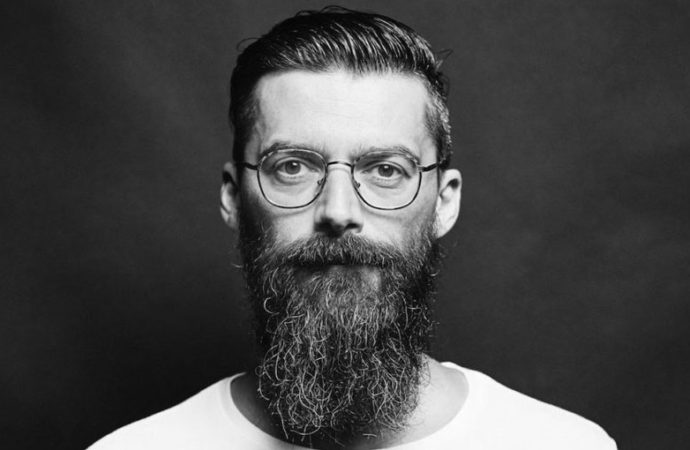
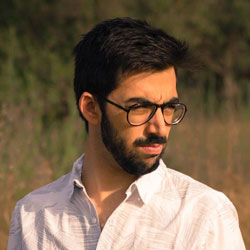
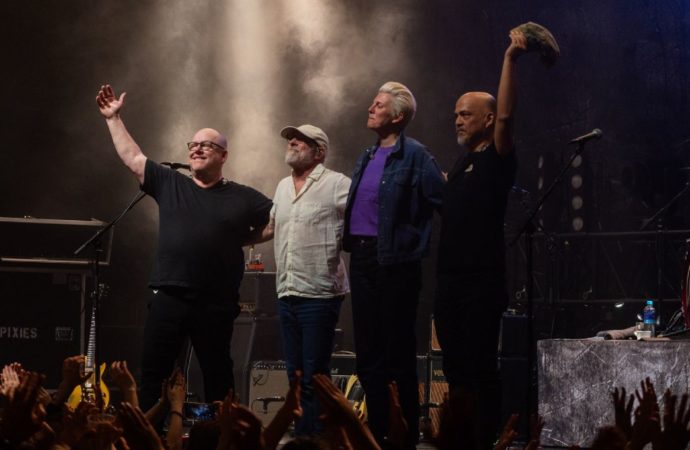

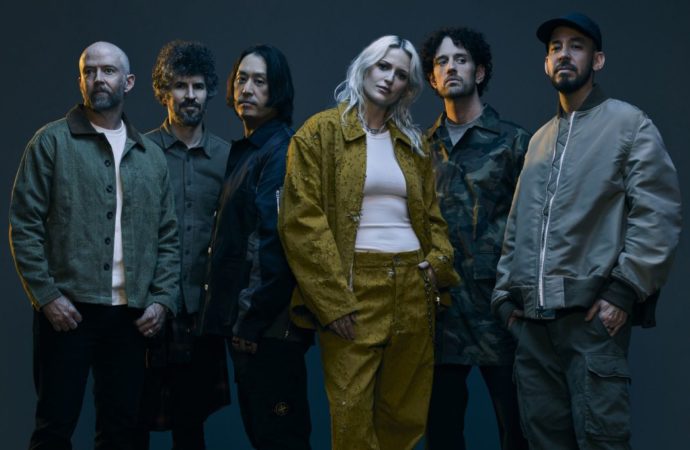
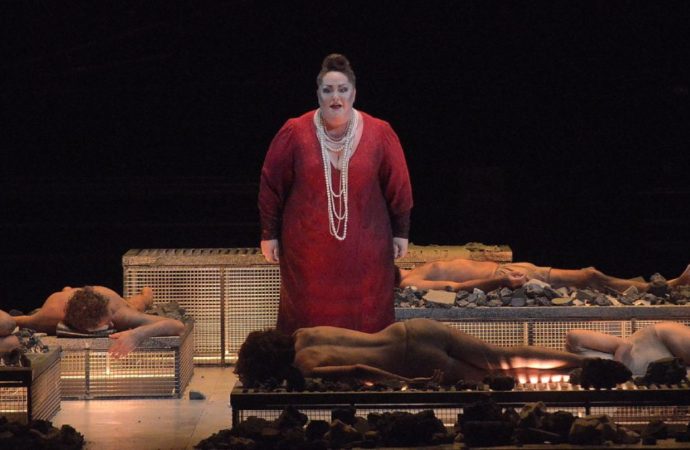
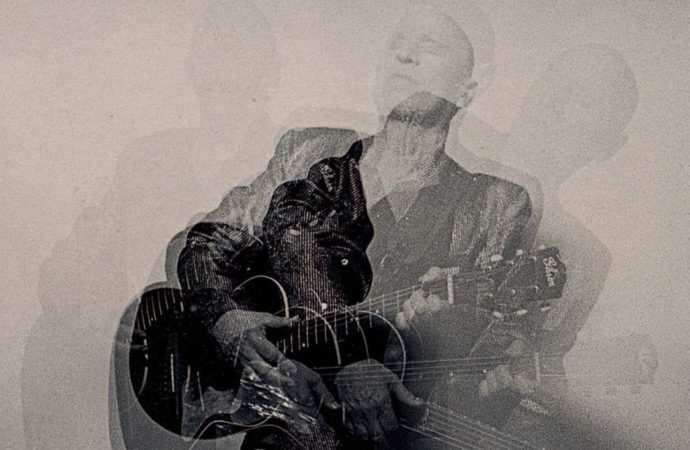

No one has posted any comments yet. Be the first person!